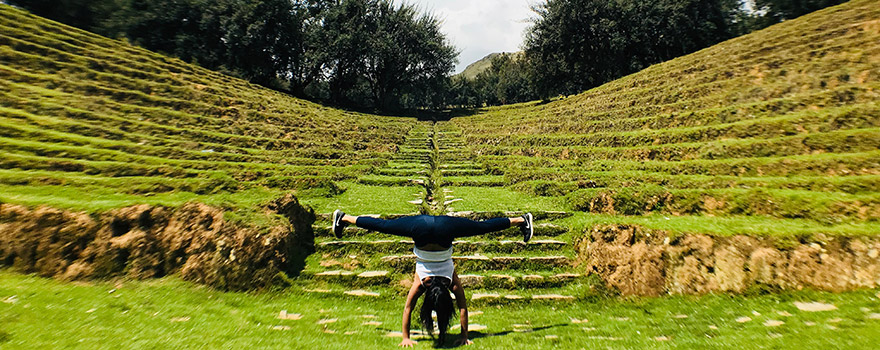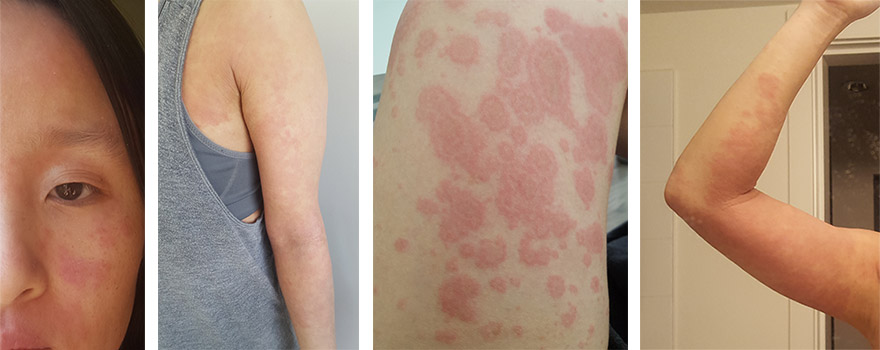“Our original guiding stars are struggle and hope. But there is no such thing as a lone struggle, no such thing as a lone hope. In every human being are combined the most distant epochs, passivity, mistakes, sufferings, the pressing urgencies of our own time, the pace of history.” – Pablo Neruda in his Nobel Lecture



Tag: health
This past year has been a journey of connection for me – just as every cell in the body is separate and simultaneously part of a whole, so too are we as human beings individuals that are intimately interconnected. It’s what I come back to when I feel lost, and I believe it’s what underlies healing: the realization that everything we do (eat, breathe, say, etc.) and experience affects the whole, then harnessing this knowledge for growth in any area.
There has always been a certain magic about the Andes – it’s a world where the Incans achieved the impossible with their architecture, where tourists are moved speechless by the energy of Machu Picchu, where tradition, dreams, and rituals are revered, where sacred shamans and commoners alike communicate with spirits, and where people from all over the world come to be transformed by ancient healing drugs.
“There is a story within every illness and something to be learned from listening to it…Much of our pain is rooted in our deafness to spirit. We remain in an ongoing struggle to break free from the illusions of who we think we’re supposed to be so that we may live the life we are called to live and become the person we were born to be.” – Life Is Your Best Medicine, Dr. Tieraona Low Dog
When I spent the last week in extreme pain from stomach cramps and a potential infection, people back home asked me: “When is it enough? Huancayo isn’t cut out for you.” There was the implication that I should move back to Canada.
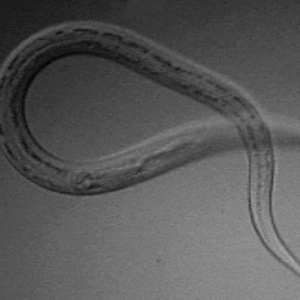
- A biopsy to diagnose a chronic rash on my forehead caused by the burning heat of the sun at this altitude.
- Over five cases of allergic reactions to mites and the hassle of fumigating the apartment each time.
- Recurring bacterial infections, strep throat and a yellow tongue.
- Allergic reaction to antibiotics.
- The myriad of negative side effects from different medications.
- Tummy troubles from the change in food quality.
- Parasites.
It’s difficult for my body to adjust to a new environment. In fact, there’s no promise that my body will ever adjust. Doctors take a trial-and-error approach to treating me because they don’t know what medications may be too strong for my body.
My good blogging friend and favorite shrink, Hajra Khatoon, helped me brainstorm through the predicament with the following questions:
- Will you move because of your health – is it that bad that you need to move?
- Do you enjoy living there?
- Do you enjoy the career you are pursuing right now?
- Are you happier here or will be happier back home or anywhere else?
- Are you enjoying the experience the stay is offering you — personally, professionally, emotionally?
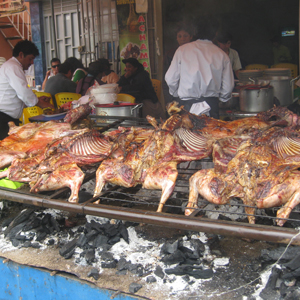
Despite the struggles, I’m not ready to go back to Canada.
What’s more important to you — health or happiness?
In 1995, Alberto Fujimori, the former president of Peru, promoted birth control by actualizing a national family planning program as part of his agenda to decrease population growth and therefore poverty. The program involved universal access to reproductive healthcare and sex education in schools. Proponents reasoned that the program would lead to decreased maternal mortality rates and empower women, especially rural women who would gain the ability to make choices about their reproductive health.
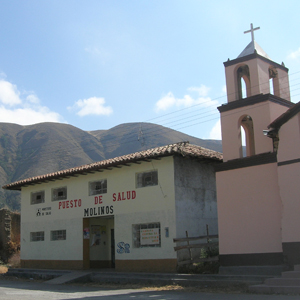
We’re now seeing a similar phenomenon happen in the Philippines where there is currently intense debate over the Reproductive Health bills (“RH bill”) that has many of the exact same provisions as those of Fujimori’s program in 1995. This time, the Catholic Church is sure that promoting birth control, or what they refer to as “abortion-inducing drugs,” will increase rates of abortion, which is illegal there.
In countries where the Catholic Church plays an important role, should the Church also have a say in reproductive health and sex education? Should everyone in the world have equal access to birth control? Why or why not?
Copyright © 2024 Samantha Bangayan | Sitemap | Disclosure Policy | Comment & Privacy Policy
All articles and photos in this blog are licensed under the Creative Commons Attribution License CC BY-NC-ND 3.0.

